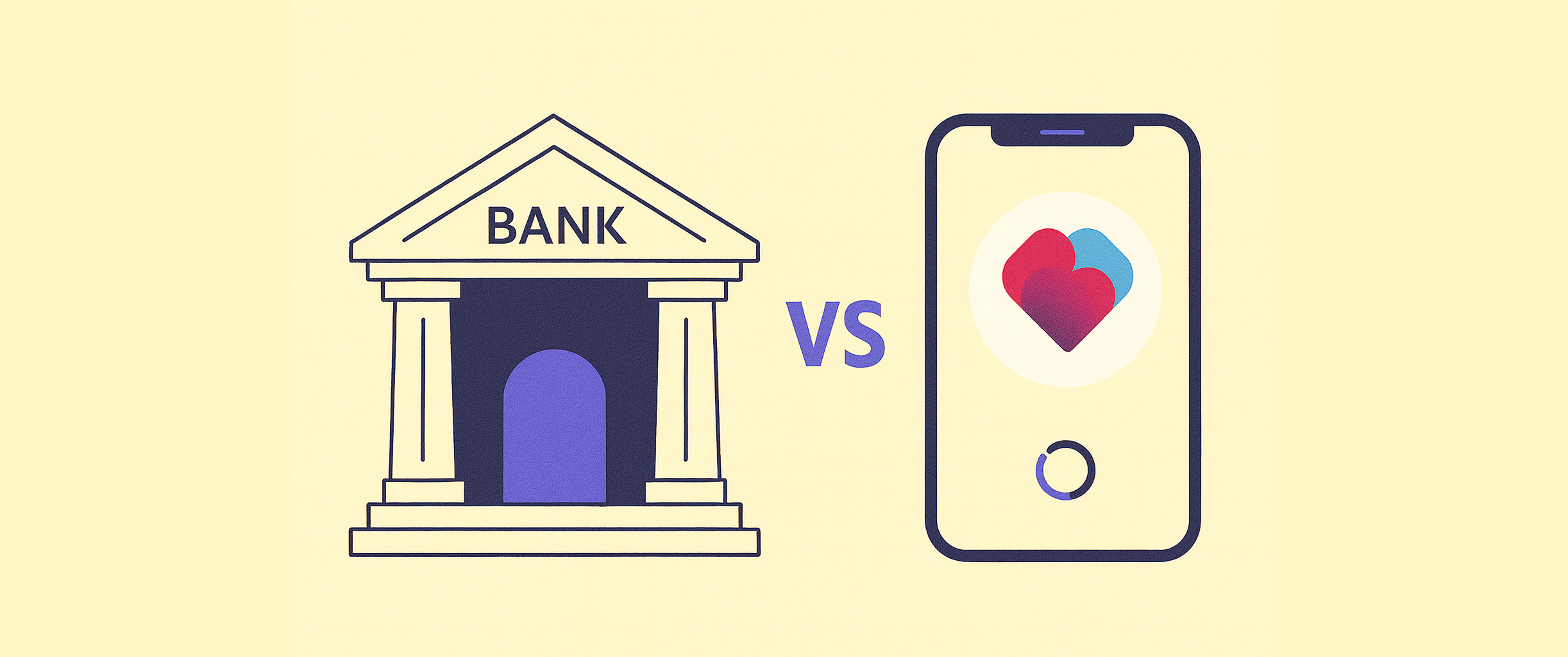Debt consolidation explained: 12 key terms
Here's a collection of words and phrases to help ease you into the world of debt consolidation.

Related articles
Debt consolidation explained: 12 key terms
Knowing the right language around debt consolidation can help you compare options, choose the best loan, and understand how it could reduce financial strain. Whether you're curious about what a debt consolidation loan is or you're weighing up fixed vs. variable rates, mastering these terms is a great first step.
12 debt consolidation terms explained
- Debt consolidation loan - A loan that merges several debts into a single payment. This can simplify your budget and sometimes reduce interest, making repayment more predictable.
- Interest rate - The percentage of the loan you pay in addition to the balance. Lower rates save money over time, which is why comparing interest rates is vital when consolidating debt.
- Repayment term - The length of time you have to repay a loan. Longer terms lower the monthly payment but may increase total interest, while shorter terms reduce interest but come with higher monthly payments.
- Credit card debt consolidation - The process of combining multiple credit card balances into a single loan or repayment plan, which can lower monthly payments and reduce stress.
- Balance transfer - Moving debt from one credit card to another, often with a low or 0% introductory interest rate. It's a common strategy for managing credit card debt.
- Secured vs. unsecured loan - Secured loans are backed by assets like your home, while unsecured loans rely on credit score. Secured loans often have lower interest rates but carry higher risk.
- Minimum payment vs. full repayment - Minimum payments keep accounts current but extend debt and interest, while paying in full speeds up the process, but may come with a settlement fee. Always check the small print before deciding on a payment strategy.
- Debt consolidation service - Companies or advisors that give you guidance, work out the costs, and sometimes negotiate with creditors to help you manage your debt.
- APR (annual percentage rate) - The total cost of borrowing, shown as a yearly percentage. It includes interest and fees, helping you compare loan costs accurately.
- Fixed vs. variable interest - Fixed rates stay the same for the loan term, for predictable payments. Variable rates can change over time, which might lower costs but adds uncertainty.
- Late fees and penalties - Extra charges for missed or late payments. Choosing a debt consolidation option with manageable terms can help you avoid these costly setbacks.
- Credit utilisation - The percentage of your available credit that you're using. High utilisation can affect your credit score, so consolidation that reduces balances can improve your credit profile over time.
Summing up
Debt consolidation is more than just combining debts - it's about understanding your finances and using the right terms to make informed choices. With these 12 key terms in mind, you can approach consolidation with clarity and confidence, choosing the best path to financial freedom.
Frequently Asked Questions: Secured Loans
What is a debt consolidation loan?
A debt consolidation loan combines multiple debts into a single repayment. It makes budgeting simpler, could lower interest costs, and gives a clear payoff timeline. It's especially helpful if you're juggling high-rate credit cards or several personal loans, as it turns many payments into one.

How does credit card debt consolidation work?
Credit card debt consolidation typically involves a personal loan or a balance transfer card. It merges multiple balances into one payment, simplifying repayments and ideally reducing interest. This can help you pay off debt faster and with less stress.

What debt consolidation loan options exist?
Options include personal loans, balance transfer cards, and sometimes remortgaging. Each option has different rates, fees, and eligibility criteria. Compare these carefully to make sure you pick a plan that fits your budget and long-term financial goals.

How to consolidate credit cards responsibly?
Use a personal loan, balance transfer, or debt consolidation service, and stick to a realistic monthly budget. Avoid adding new balances, pay on time, and monitor your progress. Proper consolidation can improve your credit score and reduce financial stress over time.

Where can I get debt consolidation help?
Debt consolidation services, financial advisors, and lenders all offer help and advice. They may be able to calculate repayment plans, advise on the best loan options, or negotiate with creditors. Using well-known, trusted sources helps ensure the advice is accurate, practical, and tailored to your situation.


The details shown are for illustration only and may not include all lenders or products. Actual rates and terms depend on your circumstances and the lender’s assessment. Information was correct at publication but may change at any time.





